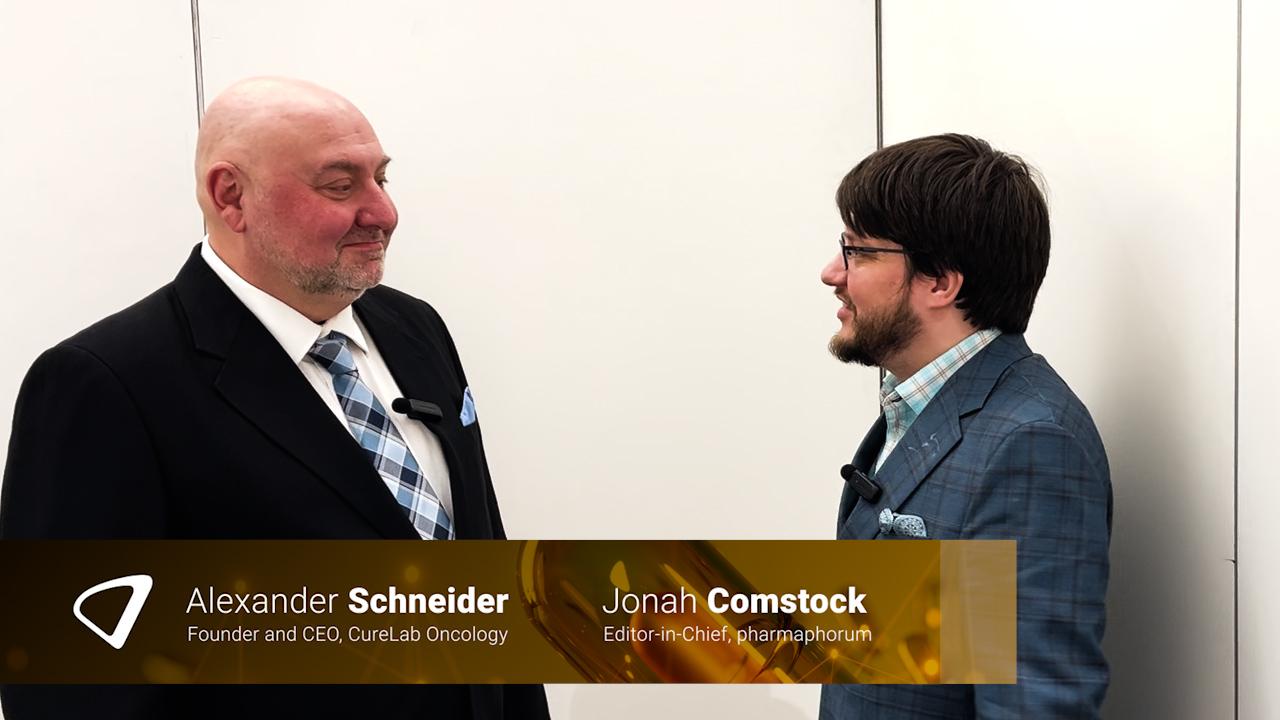AbbVie bags EU nod for key drug from ImmunoGen takeover

AbbVie's $10.1 billion takeover of ImmunoGen has been rewarded with EU approval for Elahere, the first drug specifically cleared for folate receptor-alpha (FRα) positive, platinum-resistant ovarian cancer.
Specifically, Elahere (mirvetuximab soravtansine) can be used in adults with platinum-resistant, FRα-expressing high-grade serous epithelial ovarian, fallopian tube, or primary peritoneal cancer who have received one to three prior systemic treatment regimens.
FRα is considered a marker of tumour aggressiveness, associated with poorer response rates to treatment, and is over-expressed in around a third of ovarian cancer patients.
Elahere has been approved for this indication in the US since 2022, when it became the first antibody-drug conjugate (ADC) to be given the green light for ovarian cancer. That accelerated approval was upgraded to a full license in March.
Its approval ends a 10-year hiatus in new treatments for platinum-resistant ovarian cancer in the EU, and it is also the first treatment to show it can improve overall survival compared to chemotherapy in these patients.
Clara Mackay, chief executive of the World Ovarian Cancer Coalition, pointed out that there is a desperate need for new treatment options, particularly as ovarian cancer is three times more deadly than breast cancer.
"Ovarian cancer can be devastating, taking women away from precious moments with their family, disrupting careers and the many other important contributions that women make to society," said Mackay.
"Having new innovative options allows us to work toward a world where everyone living with ovarian cancer has the best chance of survival and the best quality of life possible, no matter where they live."
The EU approval is based on the results of the MIRASOL trial, which also supported full FDA approval. The study showed a 33% reduction in the risk of death compared to chemotherapy, whilst improving progression-free survival by 35%.
Rivals to Elahere are headed by Eisai's farletuzumab ecteribulin (FZEC) in mid-stage testing, which was partnered with Bristol-Myers Squibb until it handed back rights to the drug in the summer.
AbbVie's takeover of ImmunoGen was driven by expectations of big sales for Elahere, and GlobalData recently predicted that, with its first-to-market advantage, the ADC could generate $2.8 billion in 2029. The market research specialist reckoned FZEC will play a minor role, making sales of just $75 million in the same year.
AbbVie has made ADCs a key part of its R&D strategy as it faces the loss of revenues caused by biosimilar competition to Humira (adalimumab), which saw sales slide by 37% to $2.23 billion in the third quarter of this year.
Photo by Drahomír Hugo Posteby-Mach on Unsplash












